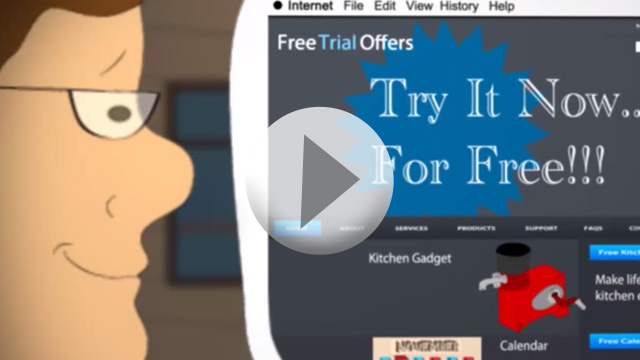Getting free stuff is cool…until it isn’t free. It is decidedly uncool when, after luring you in with “free trials” for products you might like, a company hits you with surprise charges during the supposedly “free” trial period.
In a complaint filed in federal court, the FTC alleges that NutraClick, which marketed dietary supplements and beauty products through paid subscription programs, broke the law by not making it clear exactly when its free trials ended and the billing began. NutraClick offered samples of its products as part of an 18- or 34-day free trial period to get people to enroll in its subscription programs. But the trial periods included negative option terms, in which sellers can automatically charge people’s cards or bank accounts if they don’t cancel their subscriptions.
According to the FTC, NutraClick broke telemarketing rules, violated online sales laws, and ignored a federal court order, when it failed to properly tell people they had to cancel at least one day before the end of the trial to avoid charges for the monthly subscription. People lost more than a million dollars because of NutraClick’s conduct, the FTC says.
Considering free offers? Keep this in mind:
- Do some research. Search the product and company name online with words like “review,” “complaint,” or “scam” to see what others are saying.
- Find the terms and conditions for the offer. If you can't find them or can't understand exactly what you're agreeing to and when you’ll be charged — including what you’ll be charged for and the date by which you have to act to avoid a charge – don't sign up.
- Monitor your credit and debit card statements. If you’re charged for something you didn’t order, dispute those charges as soon as you spot them.
- Read your credit and debit account statements. That way, you’ll know right away if you’re being charged for something you didn’t order.
And if a company didn’t make it clear when they’ll bill you after your free trial, tell the FTC.

